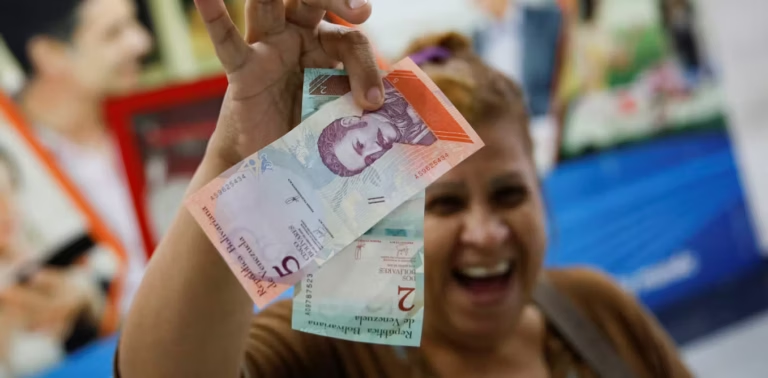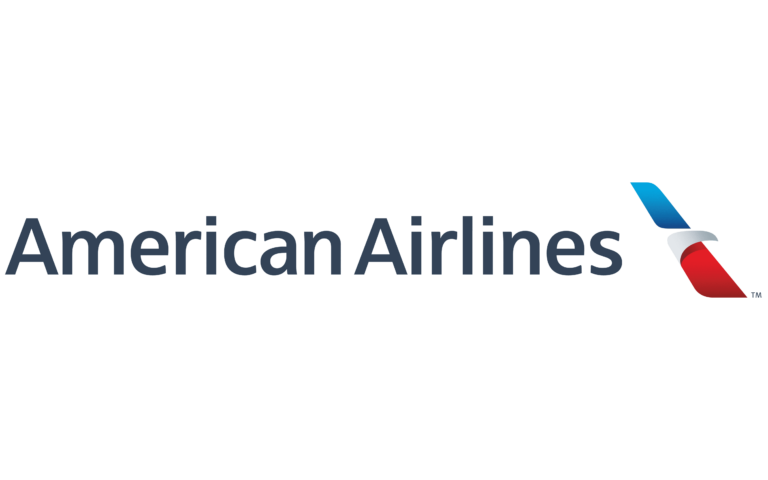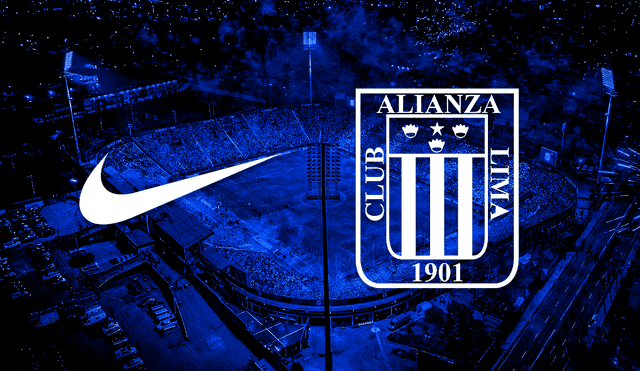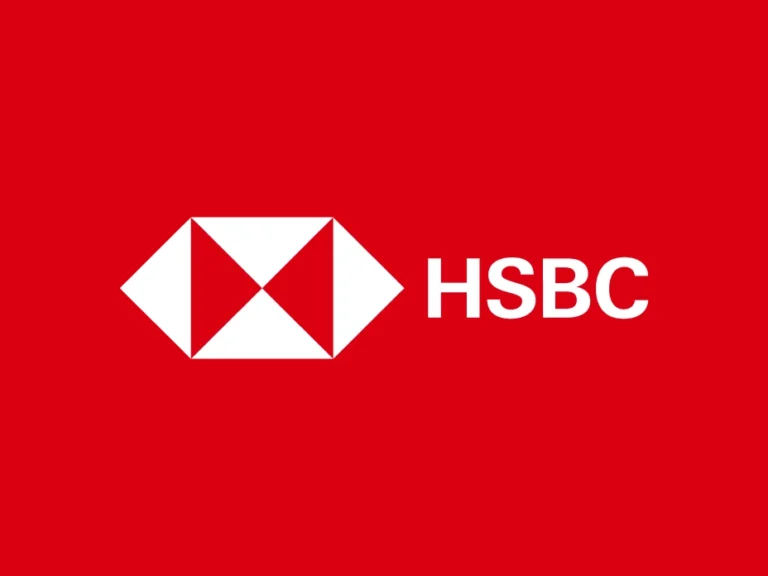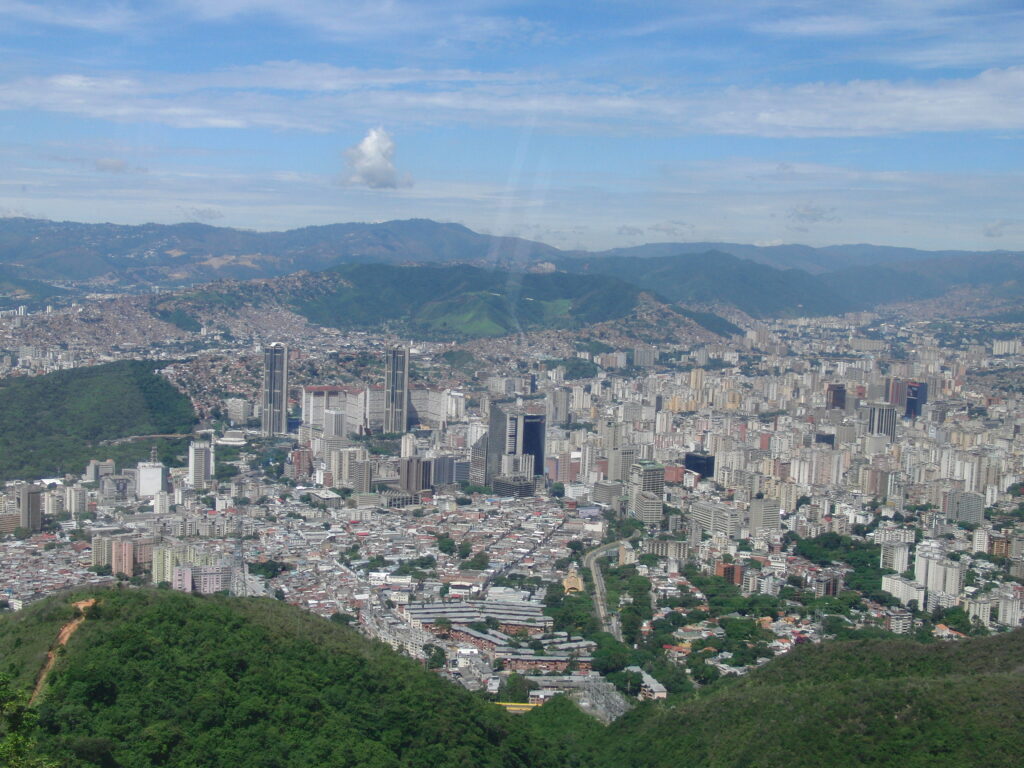
I’ve always wanted to visit Venezuela. The idea of standing at the base of Angel Falls, the world’s tallest waterfall, or wandering the vibrant streets of Caracas with its mix of colonial charm and modern hustle—it’s a dream that’s lingered in my mind for years. I imagine a country where the sun sets over the Orinoco River, where the air hums with possibility, and where the people’s warmth matches the tropical heat. But every time I think about booking that trip, reality crashes in like a sledgehammer. Venezuela, as it stands today, March 23, 2025, isn’t a place I’d set foot in—not under these sad, chaotic circumstances. It’s a trash heap of a country right now, and I don’t say that lightly or with glee. It breaks my heart. But it doesn’t have to be this way. Venezuela could be so much more, and I wish it weren’t squandering its potential for a few fixable reasons: its citizens causing havoc abroad, its shackled oil industry, and a government too stubborn to rethink its bloated social sprawl. Let’s unpack this mess and dream a little about what could be.
The Global Headache: Venezuelan Gangs and Migrants Running Amok
First off, let’s talk about the elephant in the room—or rather, the gang in the streets. Venezuela’s collapse has unleashed a tidal wave of migrants, and while many are just desperate folks fleeing a nightmare, too many are turning other countries into extensions of that nightmare. Here in the U.S., President Trump—back in the White House since January 2025—is swinging the Alien Enemies Act of 1798 like a baseball bat, deporting Venezuelans left and right. On March 15, the Associated Press reported he’d invoked this wartime relic, last used in World War II, to target members of Tren de Aragua, a Venezuelan gang that’s become a buzzword in border security debates. I get it. These guys aren’t just rowdy—they’re a full-on menace. Extortion, drug trafficking, human smuggling—they’ve brought their chaos to American cities, and Trump’s had enough.
But it’s not just the U.S. Down south, Peru and Colombia are drowning under the weight of Venezuelan crime syndicates. In Peru, Lima’s once-safe neighborhoods are now hotspots for extortion rackets—small businesses shaking under threats of violence if they don’t pay up. Colombia’s border regions, already fragile from decades of conflict, are overrun with Venezuelan gangs peddling cocaine and clashing with local cartels. The Darién Gap, that brutal jungle stretch between Colombia and Panama, saw over half a million Venezuelans cross in 2023 alone, and the numbers haven’t slowed. Smuggling networks thrive on this desperation, and gangs like Tren de Aragua are the muscle behind it. It’s a vicious cycle: Venezuela’s collapse pushes people out, and too many of those people—or the criminals exploiting them—turn stable places into war zones.
I don’t blame the average Venezuelan migrant. Imagine your country’s economy shrinking by half, your kids starving, and your bolívar worth less than the paper it’s printed on. You’d run too. But the gangs? They’re a different story. They’re organized, ruthless, and they’re staining Venezuela’s name globally. I wish Venezuela could get its act together—not just for its own sake, but so countries like Peru, Colombia, and even the U.S. don’t have to keep mopping up the fallout. Trump’s deportations might feel satisfying, but they’re a Band-Aid on a gushing wound. The real fix starts at home, in Caracas.
The Oil Giant That Could Be: Deregulation and a Leadership Swap
Here’s where my wish list gets ambitious: Venezuela could be an oil superpower again. It’s sitting on the world’s largest proven oil reserves—over 300 billion barrels, more than Saudi Arabia. Back in the 1970s, this was Latin America’s richest nation, a petrostate flush with cash and clout. Today? It’s a shadow of that glory, pumping a measly 700,000 barrels a day compared to 3 million at its peak. The state-owned oil company, PDVSA, is a bloated corpse, crippled by mismanagement, corruption, and U.S. sanctions that choke its every move. Nicolás Maduro’s clinging to power like a barnacle on a sinking ship, and as long as he’s there, sanctions aren’t budging. But swap out the leadership and rethink the rules, and Venezuela could roar back.
Maduro’s got to go. That’s non-negotiable. His July 2024 election “win” was a sham—opposition tallies showed Edmundo González crushing him, yet Maduro’s still squatting in Miraflores Palace. The U.S., EU, Canada, and half of Latin America don’t recognize him as president, and sanctions keep piling up. Just this month, the Treasury slapped eight more officials with asset freezes for propping him up. He’s a dead-end—isolated, broke, and reliant on Russia and Iran to limp along. No one’s lifting sanctions while he’s around, and no oil revival’s happening under his watch. A new leader—someone like González, backed by the opposition and the international community—could negotiate a sanctions rollback. That’s step one.
Step two? Deregulate the hell out of the oil sector. Nationalization, started by Hugo Chávez and doubled down by Maduro, turned PDVSA into a political piggy bank. Chávez fired half its skilled workforce in 2003 after a strike, replacing them with loyalists who couldn’t tell a drill from a doorknob. Production tanked, refineries rusted, and corruption siphoned off billions. Privatize it—let Exxon, Chevron, or local firms take the reins. Tax them heavily if you must; the government could rake in billions without running the show. Look at Norway: private companies like Equinor pump oil, the state taxes it, and everyone wins. Venezuela could do that, pulling in foreign investment and expertise overnight.
Deregulation shouldn’t stop at oil. Price controls, currency pegs, and state monopolies strangle every sector. In 2019, Maduro ditched some of Chávez’s controls, and the economy briefly perked up—proof it can work. Scrap the rest. Let markets set prices, let businesses breathe, and watch the bolívar stabilize as dollars flow in. Venezuela’s got gold, iron, and bauxite too—privatize those mines, tax them, and diversify the cash stream. It’s not rocket science; it’s basic economics. With sanctions lifted and private capital unleashed, Venezuela could pump 2 million barrels a day within years, maybe 3 million by decade’s end. That’s power—global influence, jobs, and a ticket out of poverty.
Social Programs: Trim the Fat, Keep the Heart
Now, the tricky part: social programs. Chávez built his Bolivarian Revolution on handouts—cheap gas, free education, subsidized food. It won hearts until the money ran dry. Maduro’s kept the skeleton of it alive, but it’s a sham now—fuel queues stretch for hours, schools crumble, and food boxes are a vote-buying bribe. I’m not heartless; I don’t want kids starving or families stranded without gas. But the government’s got to stop pretending it can fund everything. Roll back the bloat, keep the essentials, and use oil revenue to make it work.
Cheap gas? Keep it. Venezuelans pay pennies per gallon—about 2 cents last I checked—and it’s a lifeline in a car-dependent country. With oil money flowing, the state can afford to subsidize it without breaking the bank. Education’s another keeper. Public schools are a mess—44% of kids don’t attend regularly, per 2023 reports—but a literate workforce is the backbone of any recovery. Fund teachers’ salaries, fix the buildings, and keep it free. That’s an investment, not a handout.
The rest? Cut it. Food subsidies like CLAP boxes—$42 spent per box in 2017 when contents were worth $13—reek of corruption; Maduro’s cronies pocketed the difference. Let private markets handle food distribution; they’ll do it cheaper and cleaner. Healthcare’s a disaster—90% of public hospitals lack basics—but oil cash could rebuild it without the state micromanaging every pill. Social spending should be a safety net, not a cradle-to-grave nanny state. Chávez’s vision was noble until it became a Ponzi scheme; Maduro’s just coasting on the fumes. Trim it to what’s sustainable, and Venezuela can thrive without losing its soul.
The Ripple Effect: Why It Matters
If Venezuela pulled this off, the ripple effects would be seismic. First, the migrant crisis would ease. Seven million have fled since 2014—imagine half coming home to jobs and stability. Peru and Colombia could breathe again, their streets safer without Venezuelan gangs muscling in. The U.S. wouldn’t need Trump’s deportation hammer; people would stay put if home wasn’t hell. Second, oil markets would shift. Two million barrels a day flooding in could drop prices, shake OPEC, and give the West leverage against Russia and Iran. Venezuela could be a player again, not a pariah.
Crime would drop too. Gangs like Tren de Aragua feed on despair—give people work, and the recruiting pool dries up. Extortion and trafficking would shrink as the economy grew. Caracas, now the third-most violent city globally at 100 homicides per 100,000, could reclaim its old vibrancy. I’d visit then—stroll Plaza Bolívar, sip coffee without dodging bullets, and marvel at a nation reborn.
The Roadblocks: Maduro’s Stubborn Shadow
Here’s the rub: none of this happens with Maduro in charge. He’s dug in, backed by loyalists and foreign pals like Russia’s Putin, who’s happy to prop up a thorn in America’s side. His January 2025 “inauguration” was a middle finger to the world—illegitimate, yet he’s still there. Sanctions pin him down, but he’s adaptable, leaning on illicit gold and drug cash when oil falters. The military’s his shield; top brass get rich while troops guard his palace. Ousting him takes more than protests—those 1,500 arrests after the 2024 election show he’ll crush dissent hard.
A new leader needs backbone and a plan. González, in exile in Spain, has the votes but not the muscle. The opposition’s fragmented—María Corina Machado’s got fire, but coordination’s lacking. The U.S. could nudge harder—more sanctions relief for a transition, maybe covert aid to flip key generals. It’s dicey, but status quo’s worse. Without change, Venezuela’s stuck, and my dream trip stays a fantasy.
A Personal Plea: Let Me See Venezuela Shine
I want to see Venezuela, not as a sob story, but as a success. I picture landing in Maiquetía Airport, the chaos replaced by bustle, the people smiling instead of scrambling. I’d drive to Valencia, where fuel queues are history, and marvel at refineries humming with private efficiency. I’d hike the Andes, knowing the gold mines nearby aren’t gang-run but tax-paying engines of growth. I’d sit in a Caracas café, chatting with locals proud of their comeback—not begging for dollars or dodging colectivos.
This isn’t naive hope. Venezuela’s got the resources, the location, the potential. It’s squandered them on ideology and ego. Ditch Maduro, free the oil, trim the fat—keep gas cheap, schools open, and let the rest rebuild itself. The gangs would fade, the world would cheer, and I’d finally book that ticket. Venezuela could be a jewel again, not a trash heap. I just wish it’d hurry up and prove me right.
